The Supreme Court's TikTok Ruling: What 170 Million Users Need to Know
As the deadline for a potential TikTok ban approaches, uncertainty looms over the app's future in the United States.

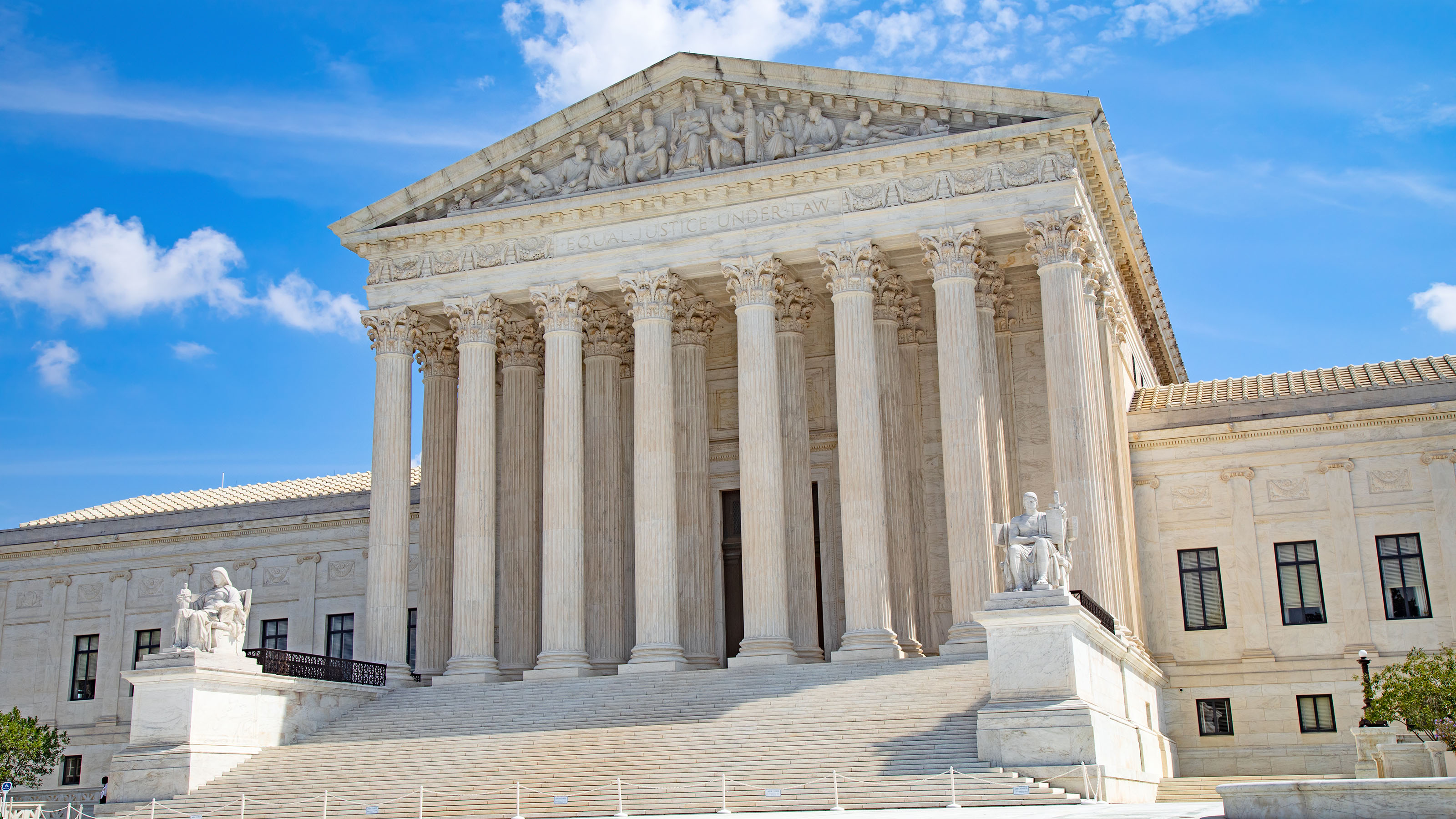
Profit and prosper with the best of Kiplinger's advice on investing, taxes, retirement, personal finance and much more. Delivered daily. Enter your email in the box and click Sign Me Up.
You are now subscribed
Your newsletter sign-up was successful
Want to add more newsletters?

Delivered daily
Kiplinger Today
Profit and prosper with the best of Kiplinger's advice on investing, taxes, retirement, personal finance and much more delivered daily. Smart money moves start here.

Sent five days a week
Kiplinger A Step Ahead
Get practical help to make better financial decisions in your everyday life, from spending to savings on top deals.

Delivered daily
Kiplinger Closing Bell
Get today's biggest financial and investing headlines delivered to your inbox every day the U.S. stock market is open.

Sent twice a week
Kiplinger Adviser Intel
Financial pros across the country share best practices and fresh tactics to preserve and grow your wealth.

Delivered weekly
Kiplinger Tax Tips
Trim your federal and state tax bills with practical tax-planning and tax-cutting strategies.

Sent twice a week
Kiplinger Retirement Tips
Your twice-a-week guide to planning and enjoying a financially secure and richly rewarding retirement

Sent bimonthly.
Kiplinger Adviser Angle
Insights for advisers, wealth managers and other financial professionals.

Sent twice a week
Kiplinger Investing Weekly
Your twice-a-week roundup of promising stocks, funds, companies and industries you should consider, ones you should avoid, and why.

Sent weekly for six weeks
Kiplinger Invest for Retirement
Your step-by-step six-part series on how to invest for retirement, from devising a successful strategy to exactly which investments to choose.
TikTok has become a global phenomenon, with a reported 1.9 billion users worldwide (an estimated 170 million in the United States alone) and an algorithm that can make almost anyone go viral.
But the popular app has been trending due to a potential nationwide ban that has been upheld by the U.S. Supreme Court, which could dramatically alter TikTok's future in the U.S. and the lives and livelihoods of millions of users and content creators.
The unanimous ruling issued January 17 was rooted in national security concerns, particularly that the Chinese government could potentially access sensitive data from U.S. users and influence the content shared on the platform.
From just $107.88 $24.99 for Kiplinger Personal Finance
Become a smarter, better informed investor. Subscribe from just $107.88 $24.99, plus get up to 4 Special Issues

Sign up for Kiplinger’s Free Newsletters
Profit and prosper with the best of expert advice on investing, taxes, retirement, personal finance and more - straight to your e-mail.
Profit and prosper with the best of expert advice - straight to your e-mail.
What does this mean? Here are five key things to know about the Supreme Court's ruling and the January 19 TikTok ban.
Key points
What's happening with TikTok?
1. The Supreme Court heard oral arguments on January 10, 2025, regarding a law that could ban TikTok in the United States if its Chinese owner, ByteDance, doesn't sell the app by January 19th. TikTok and some users had sued to block the measure, arguing that it violated their First Amendment rights to free speech.
2. The U.S. government defended the law on national security grounds, citing concerns about the Chinese government potentially accessing data on American users and manipulating content.
3. On January 17, the court ruled the TikTok ban did not violate the U.S. Constitution and upheld it. The case involved free speech rights and national security concerns, and the Supreme Court had to balance these competing interests in its decision.
4. If TikTok doesn't sell and the ban takes effect, as of January 19 app stores would be prohibited from distributing TikTok, and Americans who have already downloaded the app would be unable to update it, eventually making it obsolete.
5. The incoming Trump administration is reportedly looking for ways to potentially preserve the app. (More on that below.)
Supreme Court TikTok ruling
As mentioned, the Supreme Court affirmed the federal law banning TikTok in the U.S. unless its Chinese parent company divests its ownership.
- During oral arguments, Jeffrey Fisher, representing TikTok content creators, said the law forcing new ownership burdens TikTok's speech, invoking First Amendment protections.
- U.S. Solicitor General Elizabeth Prelogar, representing the federal government, pointed to national security concerns and argued that TikTok "collects vast swaths of data about tens of millions of Americans, which the [People's Republic of China] could use for espionage or blackmail."
- Justice Sonia Sotomayor probed the government's position, asking, "How do we balance the national security interests against the First Amendment rights of 170 million Americans?"
The unanimous, unsigned opinion acknowledged TitkTok's importance for millions of users in the U.S. as a platform for expression, stating, "An effective ban on a social media platform with 170 million U.S. users certainly burdens those users expressive activity in a non-trivial way."
But the court also stressed the government's concerns about data privacy and foreign influence. The justices ultimately determined that the government's obligation to safeguard national security justified the TikTok ban. However, the court also noted that its analysis in this case was narrowly focused.
The decision will have far-reaching implications for the future of TikTok in the U.S. Now upheld, the law requires major app stores to remove TikTok, effectively blocking new downloads and updates if TikTok isn't sold before the January 19 deadline.
Is TikTok ending?
A bipartisan law requires TikTok's Chinese parent company, ByteDance, to divest its ownership or face a ban from operating in the U.S. This legislation takes effect January 19, President Biden's last full day in office, coinciding with President-elect Trump's inauguration.
As mentioned, key considerations included whether the law infringes on First Amendment rights by limiting free speech for TikTok users and creators and if the government's national security concerns about data access and content manipulation by the Chinese government justify the ban.
In the Supreme Court case, Noel Francisco, a former solicitor general, who argued on behalf of TikTok and its parent company, warned, "Unless the Supreme Court intervenes to halt the law, TikTok will go dark starting on January 19."
However, while TikTok has indicated plans to shut down operations in the U.S. at least temporarily. TikTok's CEO recently posted a video on the app that seemed optimistic about a potential fix and a subsequent message posted on the app Saturday essentially told users to stay tuned.
TikTok Update: What's happening with Biden and Trump?
President-elect Trump has indicated plans to potentially intervene even though he previously supported banning TikTok.
His incoming national security adviser, Mike Waltz, has stated that Trump is looking for ways to "create space" for a resolution enabling TikTok to remain available while addressing national security concerns.
On his social media platform, Truth Social, Trump stated, "The Supreme Court decision was expected, and everyone must respect it. My decision on TikTok will be made in the not too distant future, but I must have time to review the situation. Stay Tuned."
Reports suggest that Trump may issue an executive order delaying the ban's enforcement for 60 to 90 days, allowing his administration time to negotiate a potential sale or alternative solution. However, the law requires significant progress toward a pending sale to support such an extension.
For its part, it seems the Biden administration didn't see a feasible way to intervene but won't enforce the law on January 19. A Biden administration official reportedly provided the following statement to ABC News:
"Our position on this has been clear: TikTok should continue to operate under American ownership. Given the timing of when it goes into effect over a holiday weekend a day before inauguration, it will be up to the next administration to implement."
...Do TikTok creators have to pay taxes?
Meanwhile, TikTok's economic impact extends beyond the current Supreme Court case, particularly when it comes to taxes.
The platform has become a significant source of income for many content creators, who are typically classified as self-employed for tax purposes. And, some creators have recently taken to social media claiming they won't pay their taxes if TikTok gets banned.
Related: TikTok Ban Sparks Tax Rebellion Among Creators
- It's worth noting that creators must report all taxable income from TikTok, including sponsorships, Creator Fund payments, virtual gifts, and advertising revenue.
- This self-employed status means they're responsible for income and self-employment taxes, often requiring quarterly estimated tax payments.
To help offset this tax burden, creators can generally deduct reasonable and necessary business expenses. However, as the platform’s fate hangs in the balance, TikTok's role in the digital economy remains an important concern for creators and policymakers.
Many creators are turning to alternative platforms like Instagram Reels and YouTube Shorts. Platforms like RedNote and emerging apps like Lemon8 are also attracting some users. (Though RedNote is owned by a Chinese-based company and Lemon8 is owned by ByteDance.)
Whatever you do, stay tuned. As developments unfold, many are closely monitoring how the Supreme Court's ruling will impact users, social media policies, and options.
Related
Profit and prosper with the best of Kiplinger's advice on investing, taxes, retirement, personal finance and much more. Delivered daily. Enter your email in the box and click Sign Me Up.

Kelley R. Taylor is the senior tax editor at Kiplinger.com, where she breaks down federal and state tax rules and news to help readers navigate their finances with confidence. A corporate attorney and business journalist with more than 20 years of experience, Kelley has helped taxpayers make sense of shifting U.S. tax law and policy from the Affordable Care Act (ACA) and the Tax Cuts and Jobs Act (TCJA), to SECURE 2.0, the Inflation Reduction Act, and most recently, the 2025 “Big, Beautiful Bill.” She has covered issues ranging from partnerships, carried interest, compensation and benefits, and tax‑exempt organizations to RMDs, capital gains taxes, and energy tax credits. Her award‑winning work has been featured in numerous national and specialty publications.
-
 Quiz: Do You Know How to Avoid the "Medigap Trap?"
Quiz: Do You Know How to Avoid the "Medigap Trap?"Quiz Test your basic knowledge of the "Medigap Trap" in our quick quiz.
-
 5 Top Tax-Efficient Mutual Funds for Smarter Investing
5 Top Tax-Efficient Mutual Funds for Smarter InvestingMutual funds are many things, but "tax-friendly" usually isn't one of them. These are the exceptions.
-
 AI Sparks Existential Crisis for Software Stocks
AI Sparks Existential Crisis for Software StocksThe Kiplinger Letter Fears that SaaS subscription software could be rendered obsolete by artificial intelligence make investors jittery.
-
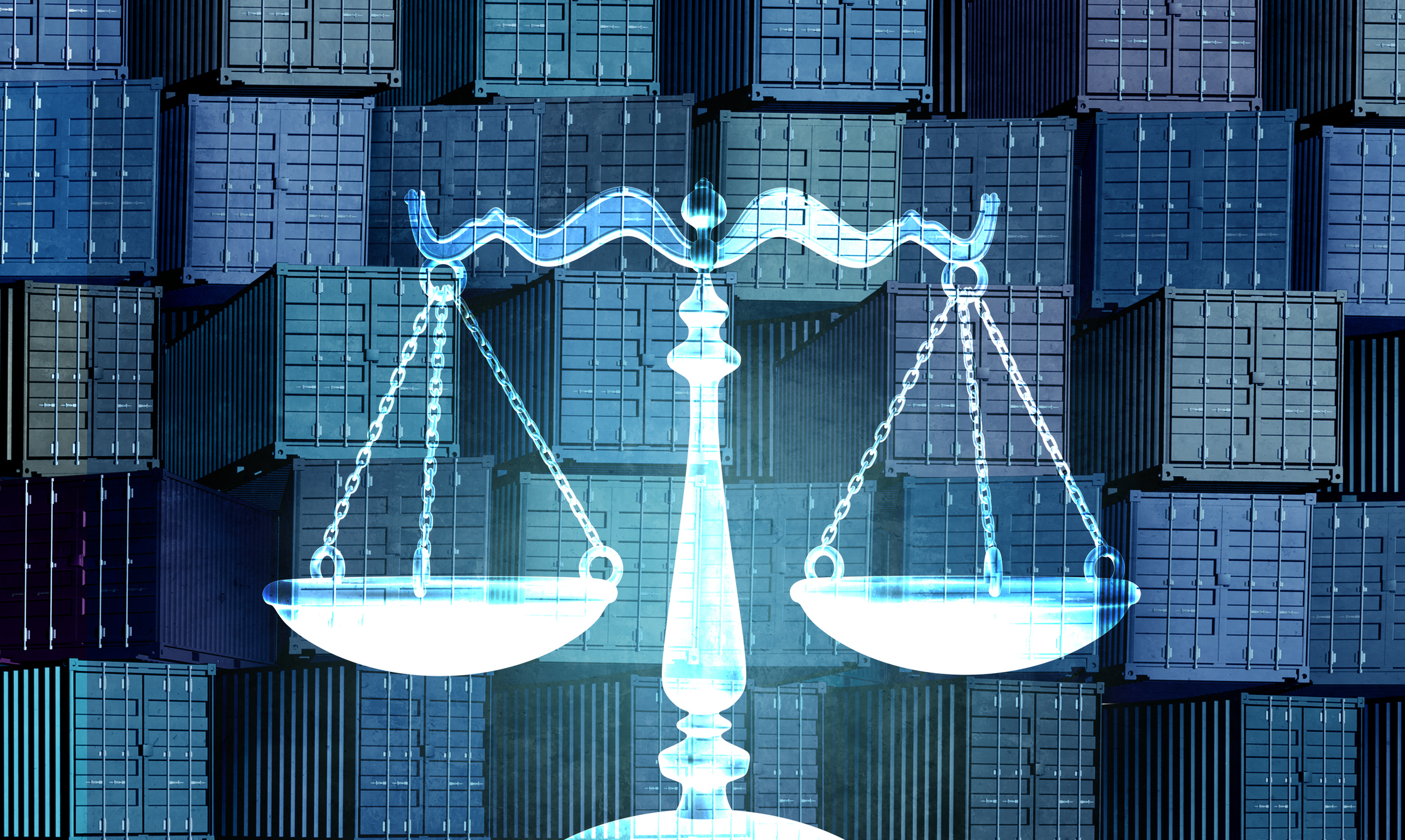 Trump Tariffs and the Supreme Court: Three Things to Know Now
Trump Tariffs and the Supreme Court: Three Things to Know NowTax Law The outcome of this legal battle about tariffs will hit your wallet in one way or another.
-
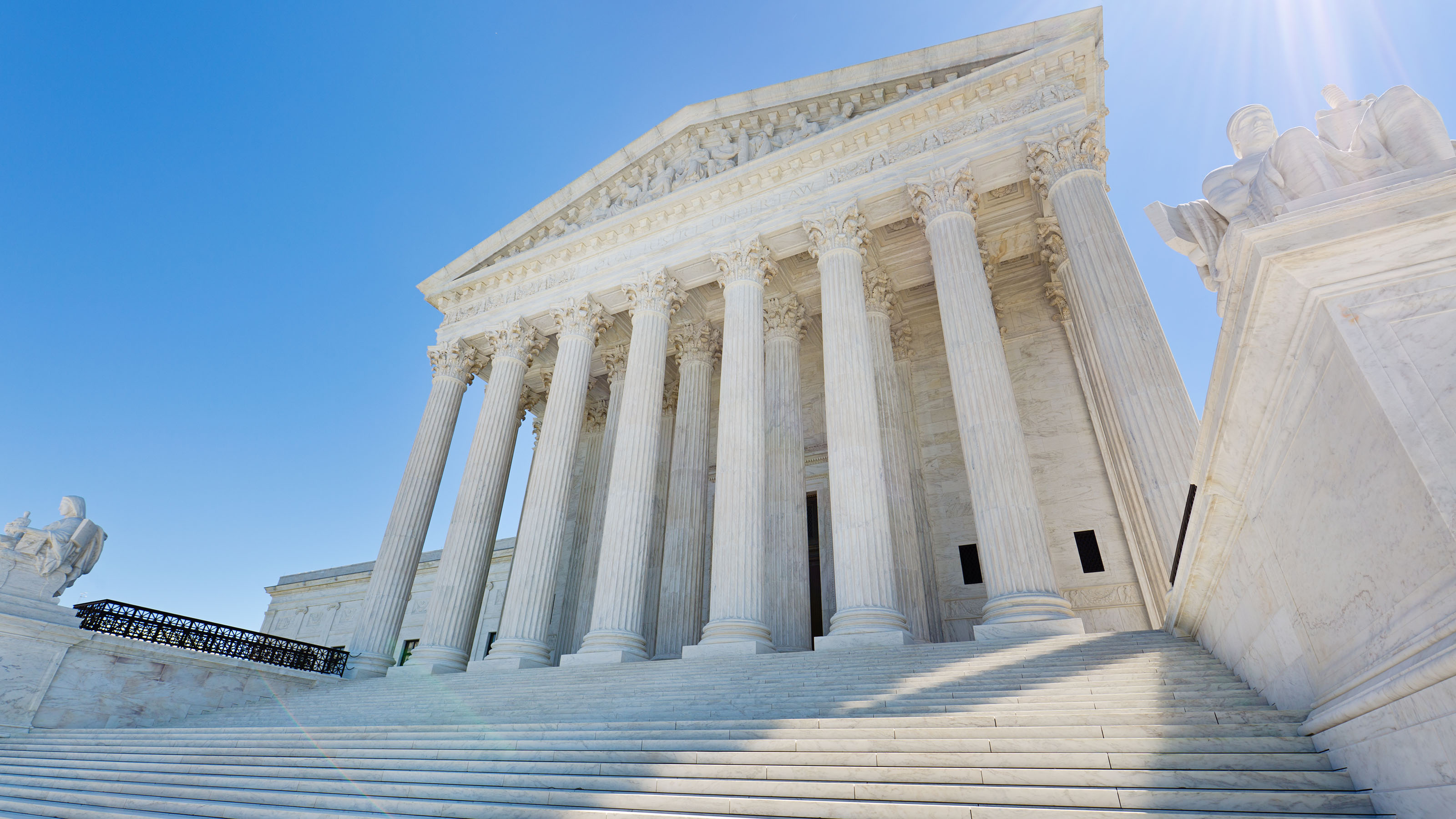 Supreme Court Strikes Down Chevron: What It Means for the IRS
Supreme Court Strikes Down Chevron: What It Means for the IRSTax Law A landmark decision from SCOTUS fundamentally alters the administrative law landscape and impacts federal agencies, including the IRS.
-
 Unrealized Gains Tax Survives U.S. Supreme Court
Unrealized Gains Tax Survives U.S. Supreme CourtWealth Taxes The Supreme Court’s ruling in Moore v. U.S. considers how wealth is taxed in the United States.
-
 Will a Supreme Court Case About Fishing Water Down the IRS?
Will a Supreme Court Case About Fishing Water Down the IRS?Supreme Court The U.S. Supreme Court just decided a case about Chevron deference that has implications far beyond the fishing industry.
-
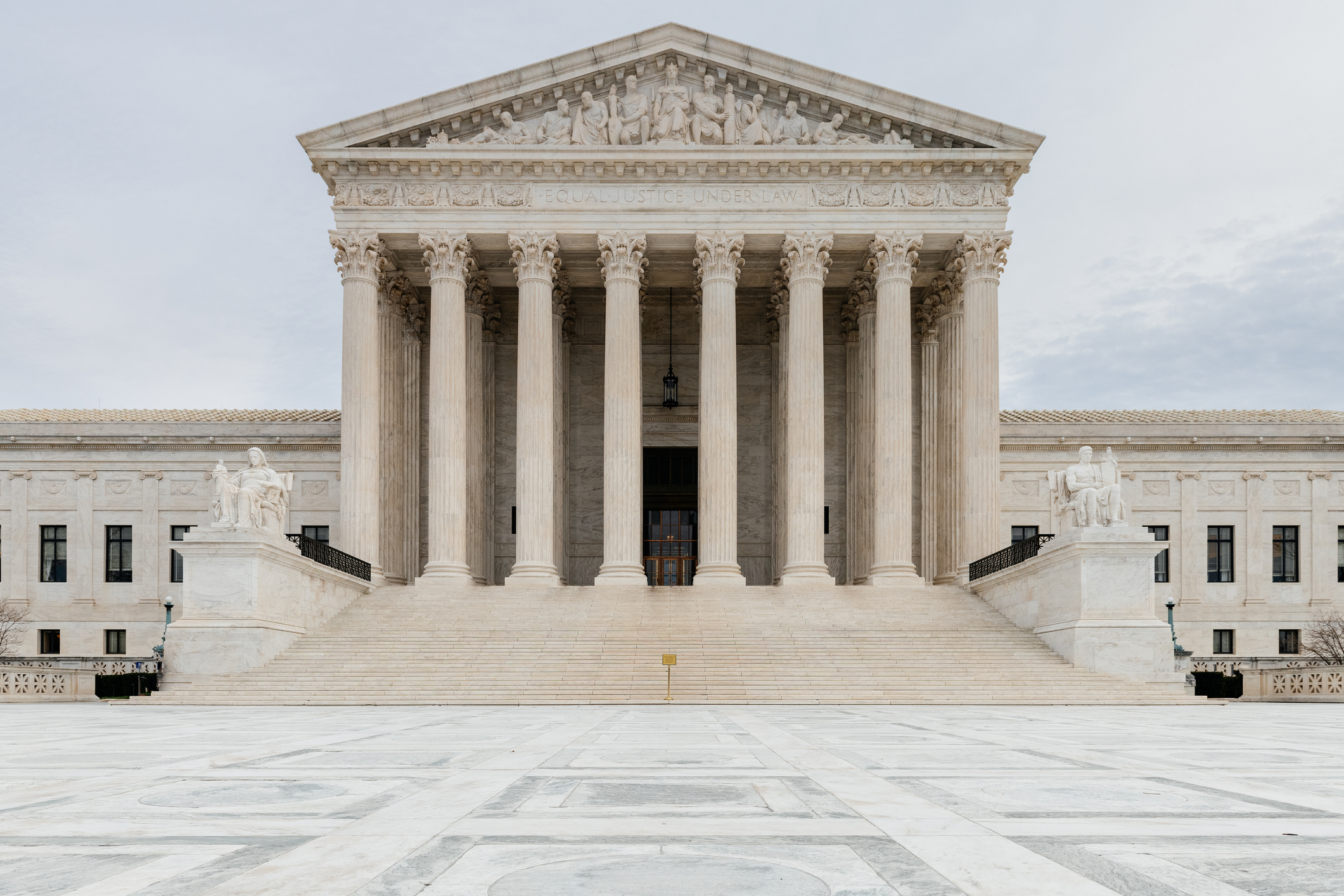 Will SCOTUS Uphold Wealth Taxes?
Will SCOTUS Uphold Wealth Taxes?Supreme Court The U.S. Supreme Court heard arguments in a case that some say could upend the U.S. tax code.
-
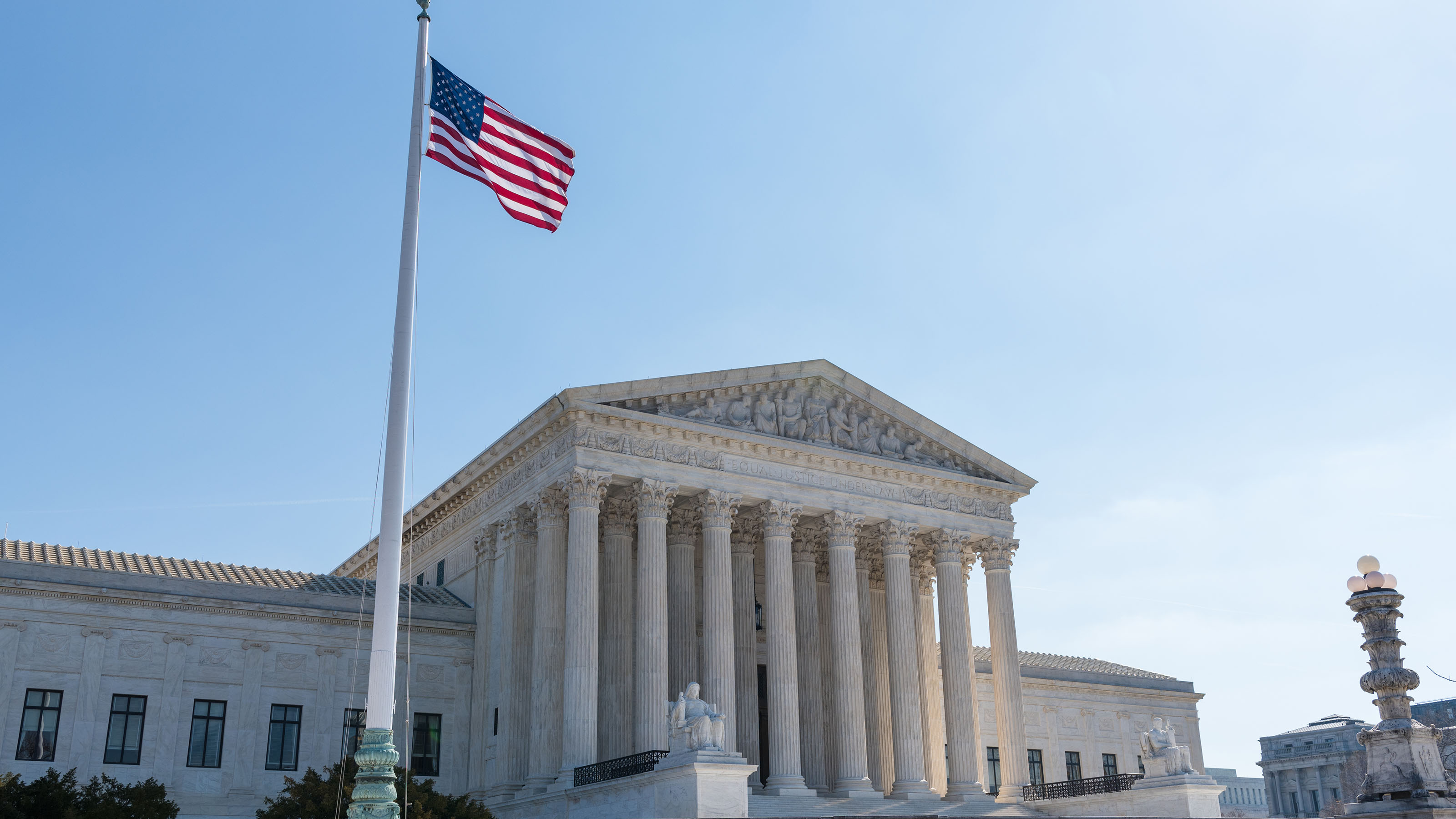 Two Supreme Court Cases Could Change the Tax Landscape: Kiplinger Tax Letter
Two Supreme Court Cases Could Change the Tax Landscape: Kiplinger Tax LetterKiplinger Tax Letter The Supreme Court’s new term started October 2. There are some interesting cases on its docket. Two could majorly change the tax landscape.
-
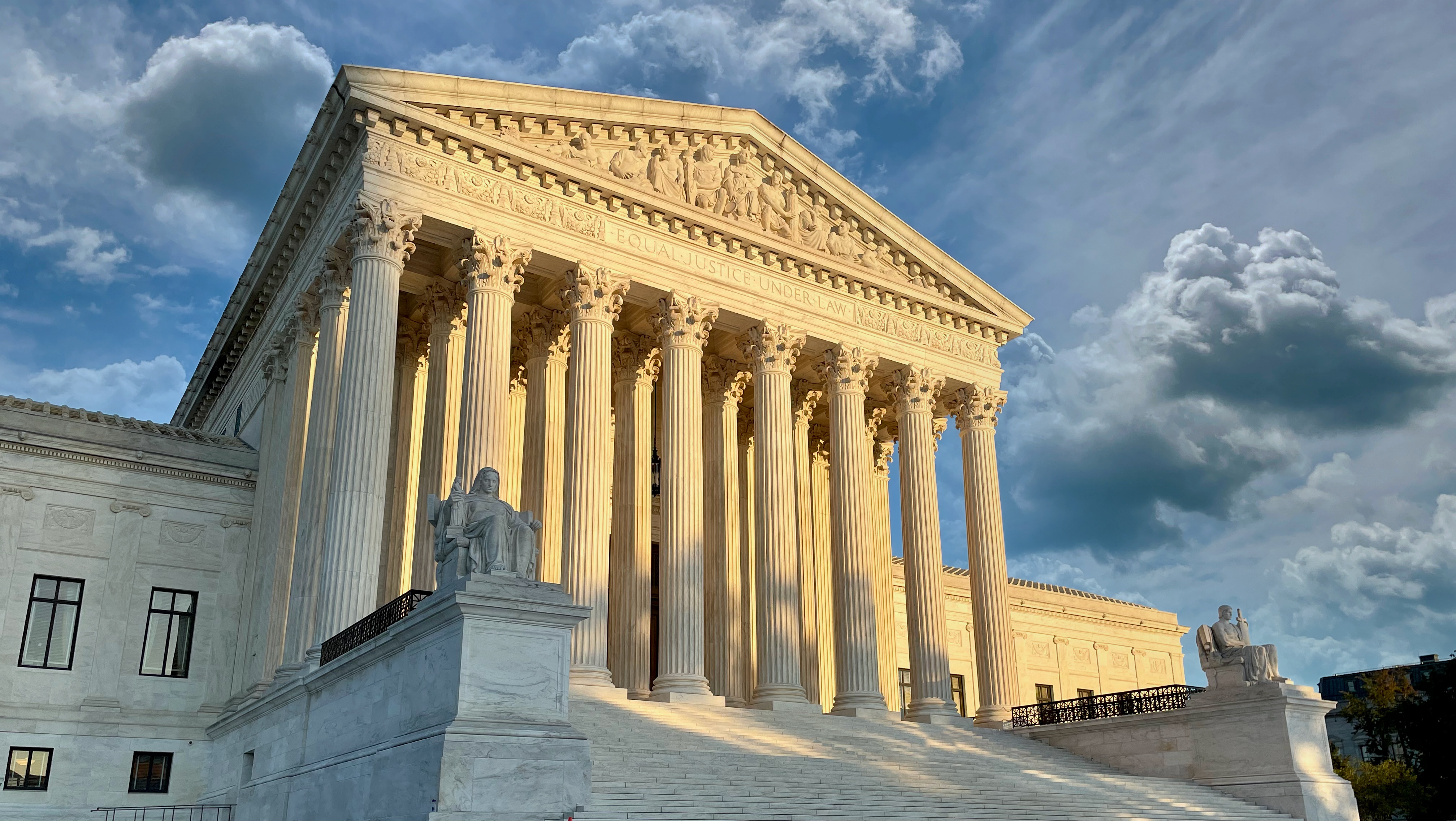 Social Media, Guns, Taxes, Abortion: New Supreme Court Cases You Need to Know
Social Media, Guns, Taxes, Abortion: New Supreme Court Cases You Need to KnowSupreme Court The U.S. Supreme Court will hear several cases this fall that could significantly impact your rights and wealth. Here are a few of them to watch.
-
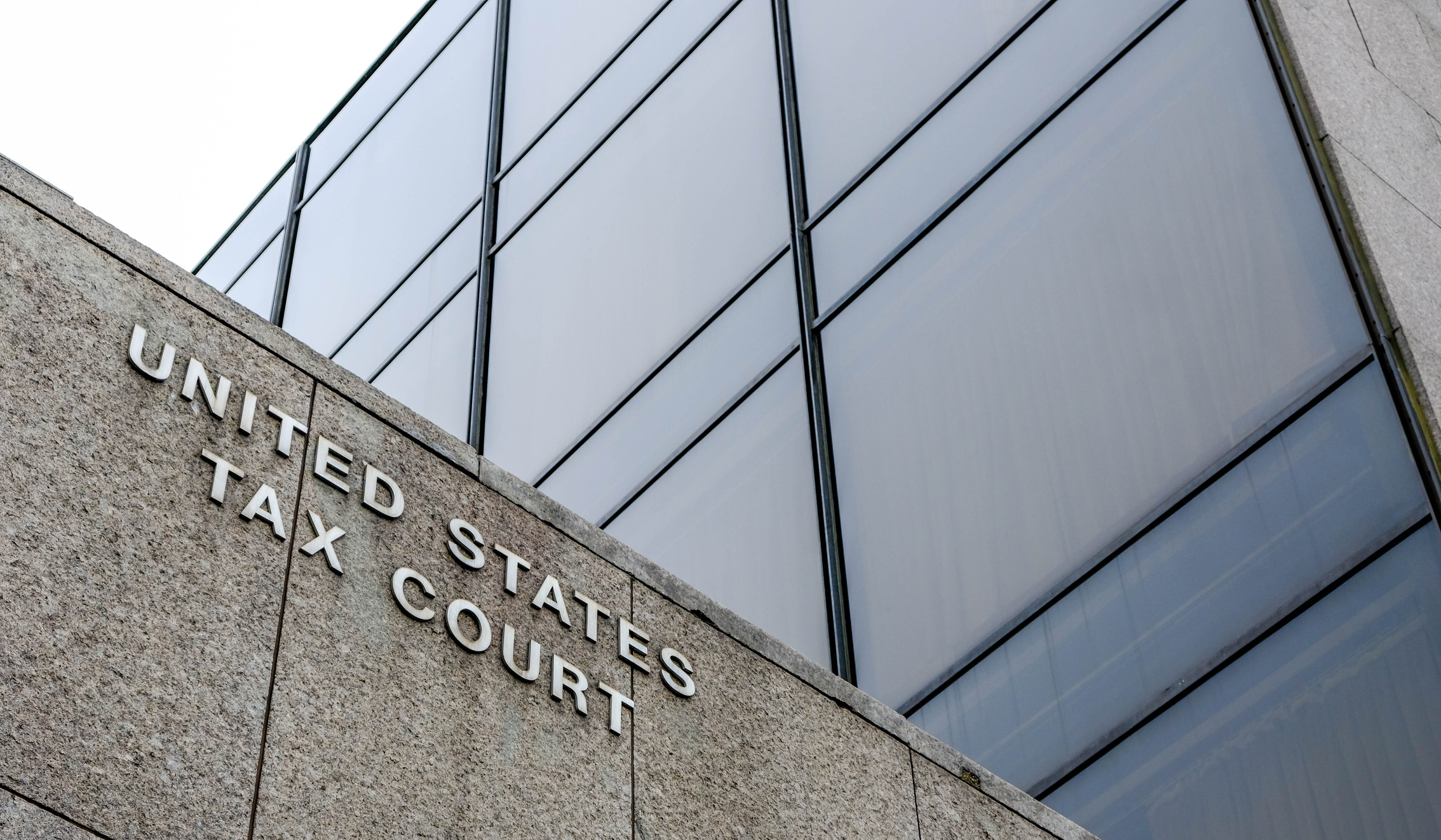 Tax Court Filing Deadlines: Kiplinger Tax Letter
Tax Court Filing Deadlines: Kiplinger Tax LetterKiplinger Tax Letter How broad is a U.S. Supreme Court case on Tax Court filing deadlines?